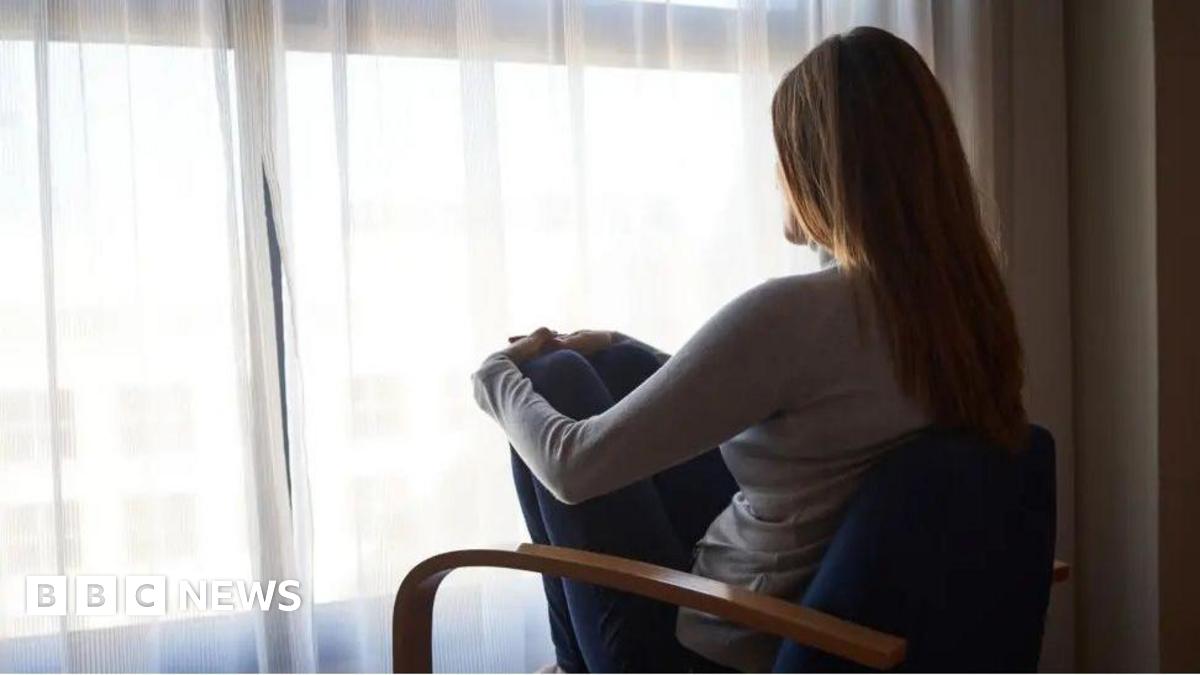Last month, the Metropolitan Police announced it was reviewing 9,000 cases of child sexual exploitation.
It is likely that some of these cases will be checked by Operation Beaconport, which is looking at cases involving two or more suspects. It will also focus on allegations where there have been multiple victims, the suspects are still alive, and the case has not already been independently reviewed.
The review will run alongside the national public inquiry, announced by the government earlier this year.
Richard Fewkes from the National Police Chiefs’ Council said that some victims will just want to feel listened too.
“Justice means different things for different victims and survivors, and no one victim and survivor is the same.
“For some, justice is just being believed, perhaps for the first time, by someone in authority, being listened to,” he said.
Last month, a watchdog said that while police forces had made significant progress in tracking grooming gangs and child exploitation, “significant challenges” remained.
Inconsistent definitions, data accuracy issues and poor national co-ordination risk undermining efforts to protect vulnerable children, His Majesty’s Inspectorate of Constabulary and Fire and Rescue Services said in a progress report.
It found only 37% of child exploitation cases were accurately flagged on police systems, with opportunities to protect children still being missed.
A Home Office spokeswoman said the inspectorate’s report showed “important progress” had been made but acknowledged there was “more to do”.
Shadow home secretary Chris Philip said the Home Office’s failure to adopt a definition for group-based child sexual exploitation was keeping “the system blind to patterns of abuse”.

